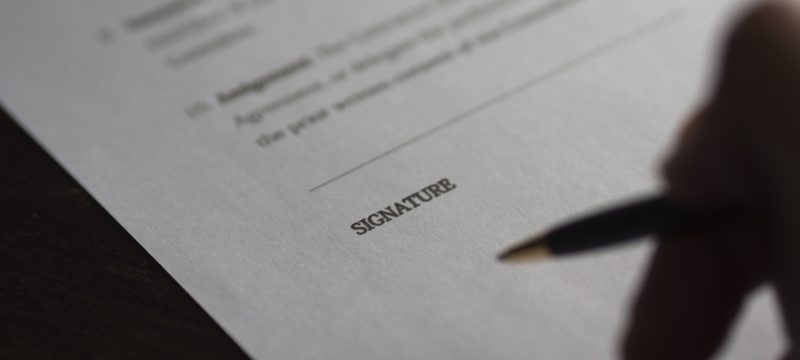
What Can a Seller Do if a Buyer Defaults on a Real Estate Contract
- December 19, 2017
- William Heyman
- Comments Off on What Can a Seller Do if a Buyer Defaults on a Real Estate Contract
Discovering that your buyer has defaulted on a real estate contract will surely take the wind out of your sails. The process of putting your house on the market, negotiating costs, and moving your belongings into your new home is a lengthy process. When you find a buyer and have plans to move, everything seems like it’s coming together…until your buyer defaults. Although selling your home did not go as planned, there are legal remedies available to you. The Baltimore real estate transactions and litigation attorneys at the Heyman Law Firm offer guidance to sellers and can help develop a plan of action for when a buyer defaults.
Keep the Earnest Money Deposit
The earnest money deposit is a percentage of the purchase price of a home that a buyer pays up front. It is a good faith effort for the buyer to show the seller that they are serious about purchasing the home. The earnest money deposit is usually paid in the form of a personal or certified check and issued to an escrow agent. The escrow agent cannot release the deposit to the buyer or seller unless both parties authorize the release or its release is authorized by court order. A liquidated damages clause may provide that a seller’s remedy in case of breach is to keep the deposit. Unless a buyer puts down a large sum of money up front, the earnest money deposit may not be enough to compensate for a seller’s damages.
It should be noted that before a seller enters into a purchase contract, it is important to negotiate with the buyer for a large earnest money deposit. It is better to be safe than sorry, and negotiating for a larger deposit will save time and money in the long run in the event that a buyer defaults on the contract. Buyers may try to include language in the purchase contract that only allows the seller to keep the earnest money deposit and waives the option to sue for specific performance or damages. This is why it is so important to negotiate for a large deposit before signing the purchase contract.
Sue for Specific Performance
When a buyer defaults, a seller has the option to sue for specific performance. This is an equitable remedy and an alternative to collecting monetary damages. It is a claim that is pursued through litigation, and if it is granted, a court will order a buyer to go to closing on a home. In cases where a buyer defaults, suing for specific performance is not the best option for a seller to pursue. This is because buyers typically default due to financial issues. Nevertheless, if a buyer has the financial stability to close on the home, specific performance may be enforced. This would be ideal in a situation where the value of the property has declined.
Sue for Damages
Filing a lawsuit for damages may be the best remedy in situations where a seller is not justly compensated by the earnest money deposit or when specific performance cannot be enforced. Consulting with a Maryland real estate attorney about what your best options are for collecting damages can save you time and money in the future.
If a seller decides to sue for damages, the claim would be filed as a breach of contract action against the buyer. Suing for breach of contract would be especially advantageous when the real estate market is declining. The amount of damages that a court may award include the difference between the contract price of the home and its fair market value at the time of the breach and/or interest accrued from the date of default.
Baltimore Real Estate Transaction Lawyer
Before pursuing any legal remedy, it is important for a seller to retain a real estate attorney to review the purchase contract to confirm that the buyer did in fact breach. Some contracts contain contingency clauses that require certain criteria to be met, and if they are not satisfied within a specified time frame, the buyer has the authority to declare the contract null and void. Examples of contingency provisions could be receiving a firm loan commitment or getting an approved home inspection. If a seller has satisfied any and all outstanding contingencies within the specified time, and the buyer still backs out, the buyer is in default. Purchase contracts should be well-written with unambiguous language so that there is no confusion regarding contingencies throughout the purchase process.
If you are involved in a real estate transaction where a buyer defaulted on the contract, there are legal remedies available to you. Time is of the essence, and consulting with an experienced Baltimore breach of contract attorney as soon as possible can help you reach resolution for your claim. Call the attorneys at the Heyman Law Firm today at (410) 305-9287 today and schedule a confidential consultation.
